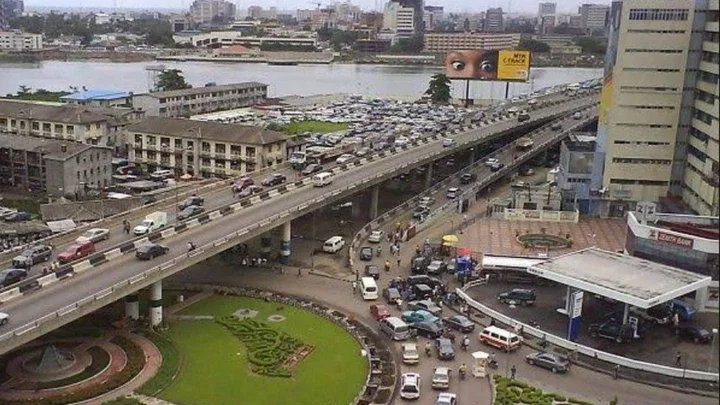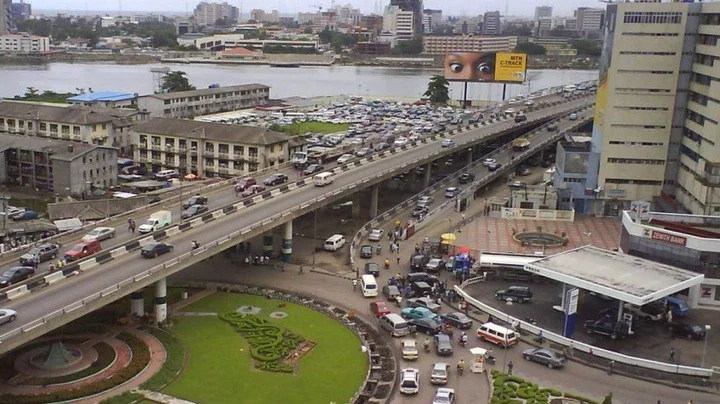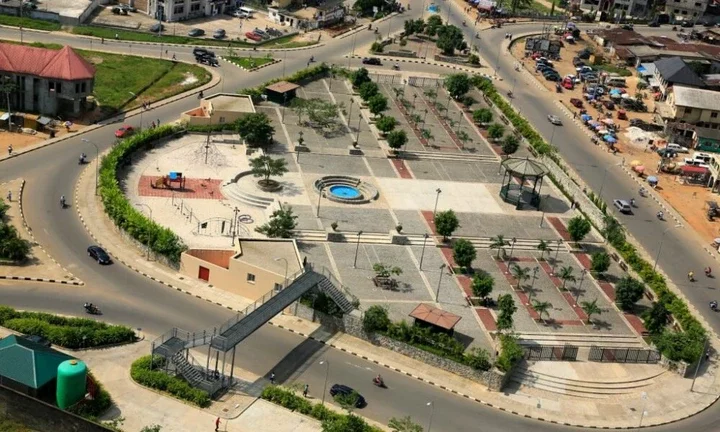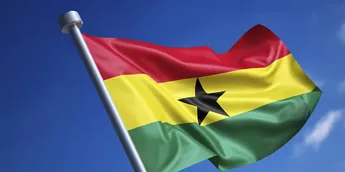
The cost of living in Nigeria remains high but shows signs of stabilizing, according to July 2024 Consumer Price Index (CPI) data.
The National Bureau of Statistics (NBS) reportrevealed a decrease in inflation rates for general items and food.
Nigeria's headline inflation rate dropped to 33.40% in July 2024, down from 34.19% in June 2024.
This marks the first decline in headline inflation since December 2022, when the rate stood at 21.34%. Additionally, food inflation fell to 39.53%, compared to 40.87% recorded in June.
Despite the overall decline, inflation continues to affect different states across Nigeria in varying degrees.
July 2024 saw inflationary shifts across states, with high food costs being the primary driver of inflation in many regions. Some states experienced significant changes in both general and food inflation rates.
Top 10 Most Expensive States in Nigeria
Here is a breakdown of the 10 most expensive states in Nigeria based on their all-item inflation rates for July 2024:
10. Gombe
Gombe saw a slight decrease in its all-item inflation rate from 35.55% in June 2024 to 35.48% in July 2024, a marginal drop of 0.20%. However, food inflation rose slightly from 43.39% to 43.72%, indicating that food prices continue to drive inflation in the state.
9. Lagos
Lagos, Nigeria's economic hub, moved up from 10th position in June. The state's all-item inflation rate decreased from 36.37% in June 2024 to 35.50% in July 2024, a drop of 2.40%. However, food inflation surged from 39.75% to 43.03%, highlighting food as a key inflation driver in Lagos.
8. Osun
Osun State maintained its position as the eighth most expensive state. Its all-item inflation rate declined from 36.58% in June 2024 to 35.54% in July 2024, a decrease of 2.84%. Despite this, food inflation spiked significantly from 40.39% to 44.57%, making food a major contributor to overall inflation in Osun.
7. Oyo
After holding the third spot for three consecutive months, Oyo State experienced a significant drop in all-item inflation, falling from 39.14% in June 2024 to 35.61% in July 2024, a decrease of 9.03%. Meanwhile, food inflation rose from 40.70% to 43.26%, showing that food costs continue to drive inflation in the state.
6. Abia
Abia held steady in sixth place, with its all-item inflation rate dropping from 37.04% in June 2024 to 35.90% in July 2024, a decrease of 3.08%. Food inflation also increased, rising from 43.23% to 44.01%, signaling that food remains a key factor in inflation in Abia.
5. Sokoto
A new entry on the list, Sokoto saw its all-item inflation rate rise from 34.65% in June 2024 to 35.93% in July 2024, an increase of 3.69%. Interestingly, food inflation dropped sharply from 46.25% to 41.70%, suggesting that other factors besides food are driving inflation in Sokoto.
4. Kogi
Once the most expensive state in Nigeria, Kogi has seen inflation gradually ease. The state's all-item inflation rate dropped from 39.91% in June 2024 to 36.73% in July 2024, a decrease of 8.69%. However, food inflation surged dramatically from 40.14% to 46.31%, indicating that food costs are still the main driver of inflation in Kogi.
3. Kebbi
Another new entry, Kebbi saw an increase in all-item inflation from 35.62% in June 2024 to 37.47% in July 2024, a rise of 5.19%. Despite this, food inflation declined from 40.13% to 38.50%, suggesting that other factors are contributing to overall inflation in Kebbi.
2. Jigawa
Jigawa climbed the list significantly, experiencing a sharp increase in all-item inflation from 36.42% in June 2024 to 40.76% in July 2024, an increase of 11.89%. Meanwhile, food inflation decreased from 46.05% to 42.57%, indicating that other components are driving inflation in the state.
Bauchi
For the third consecutive time, Bauchi had the highest all-item inflation rate, rising from 43.95% in June 2024 to 46.05% in July 2024, an increase of 4.78%. However, food inflation fell slightly from 35.09% to 34.35%, suggesting that other factors are the primary drivers of inflation in Bauchi.
As inflation remains a pressing issue in Nigeria, the experiences of these states highlight the complex and varied factors influencing the cost of living across the country.
















Comments